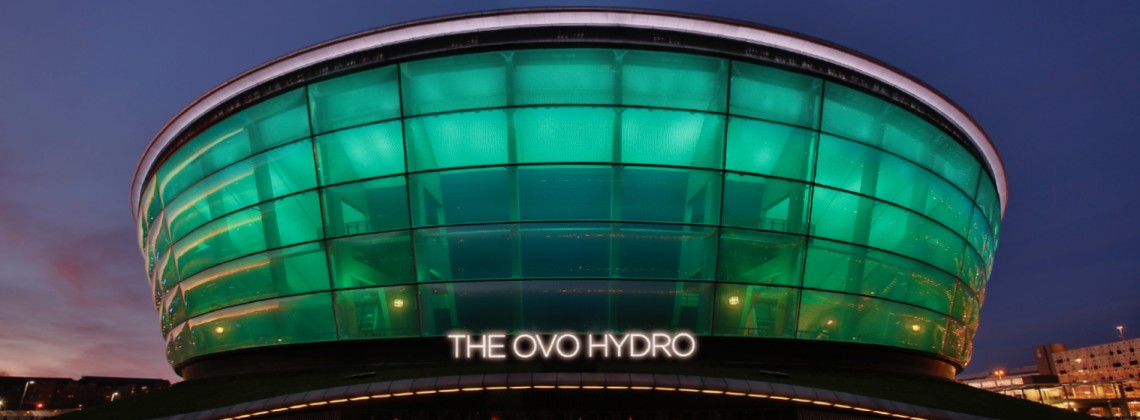
Eurovision 2023 host: Which city is the frontrunner?
Patrick Flynn
22 August 2022
Prior to the Eurovision host city shortlist being released, I published some power rankings to give an assessment of the race. There were 16 cities in contention then, with the shortlisted seven all selected from the top nine in the rankings (London and Aberdeen missed out). At the time, I made Glasgow and Birmingham the clear frontrunners, but I now believe there is a much larger gap between the two than initially suspected, due to a much-overlooked venue requirement.
Last week, I stumbled across an article from 2019 concerning the race to host the ill-fated Eurovision 2020 in the Netherlands, which details why the Dutch city of Leeuwarden dropped out of the bidding process. The article references a ceiling height requirement of 18 metres for potential venues. Having not seen this requirement mentioned anywhere in relation to the 2023 contest, I did a bit of digging to see whether this was a criterion for 2020 only, or whether it was a general stipulation. My findings were clear: all the host venues from the last 10 years (with the exception of Portugal’s Altice Arena, which I couldn’t find the height of) had a ceiling height of at least 18m.
This prerequisite poses a major challenge to Birmingham’s bid to host the 2023 contest. While the BBC has not confirmed whether this condition is still in place, the Resorts World Arena has a ceiling height of 12m, just two-thirds of the necessary size. As a result, the team behind Birmingham’s bid may consider proposing the Utilita Arena, which hosted the 1998 contest, as an alternative option. However, while that venue has a height of 19m, there does not appear to be space in the arena or close by for a 1,500-capacity press centre. That both potential Birmingham venues face major hurdles means the city has been relegated to the second tier of bids in my final set of power rankings.
Updated power rankings and the obstacles to each city’s bid:
7. Newcastle
- No existing space for a press centre.
- Capacity (11,400) only slightly above the required 10,000. Venues that comfortably clear this threshold tend to be chosen, as space needs to be allocated for the green room inside the venue (and having more seats is a bonus in general terms, too).
- Venue height (17m) is just under the threshold.
6. Sheffield
- Press centre may need to be constructed.
- Sheffield Arena is a fairly ugly building.
- Finding 2,000 empty hotel rooms in the city’s hotel stock may be a struggle.
5. Manchester
- Another unattractive building.
- Again, there doesn’t appear to be a suitable space for a press centre on site or nearby.
- AO Arena is currently undergoing major renovations, which will take years to complete.
=2. Liverpool
- Same size issues as Newcastle, with the smallest capacity of the remaining contenders.
- Six events would need to be rescheduled.
=2. Leeds
- Five events would need to be rescheduled.
- Venue doesn’t appear to have room for a press centre
=2. Birmingham
- Resorts World Arena does not meet height requirements.
- Utilita Arena does not have space for a press centre.
1. Glasgow
- Five events would need to be rescheduled.
Assuming that the venues in the remaining seven cities — having taken their bids this far — are able to make time in their calendars to host the contest, just one city is left with no impediments to its bid. When it comes to hosting the contest next May, Glasgow may be the only game in town.
Patrick Flynn
22 August 2022

